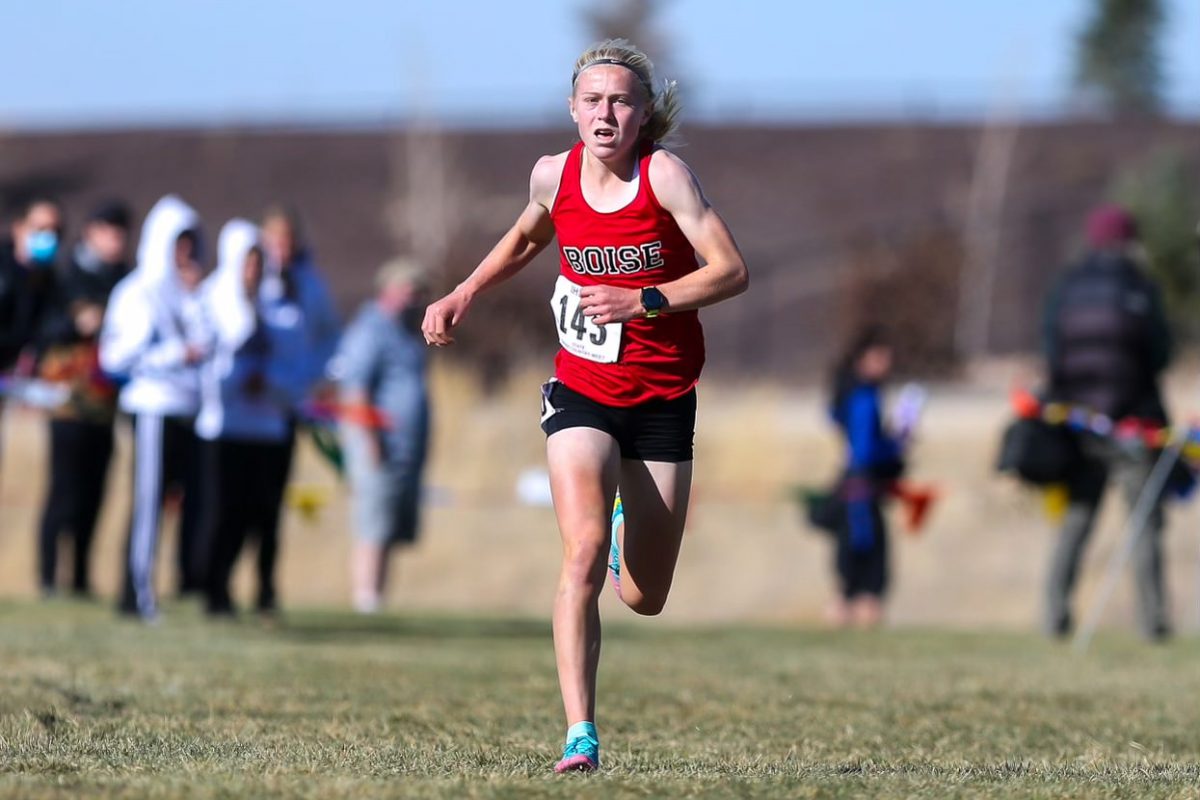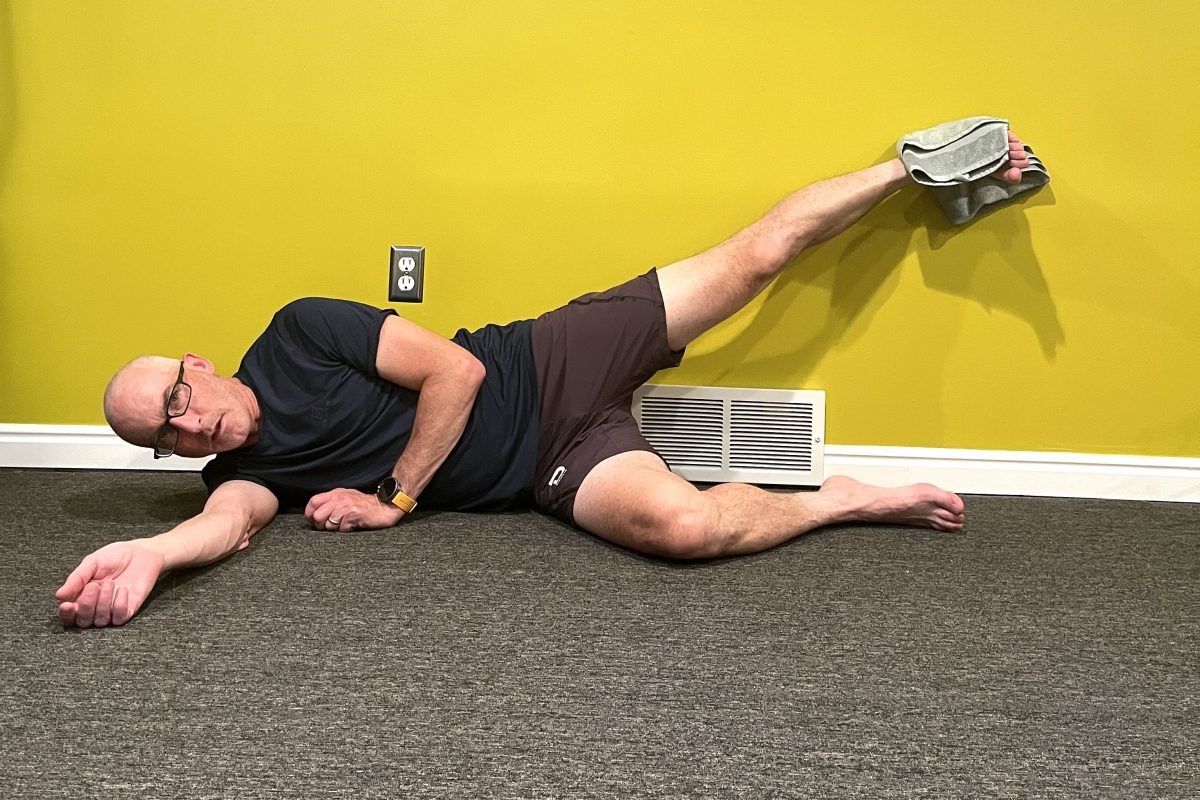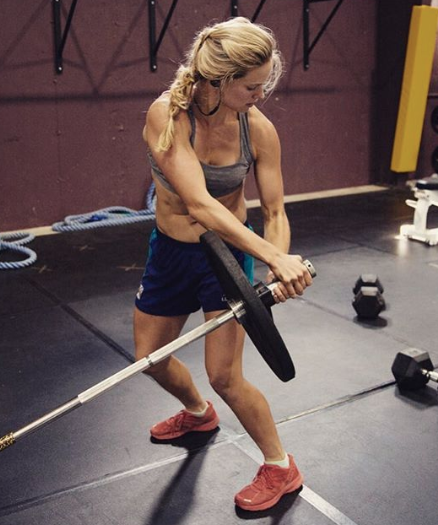For those of you who don’t already know me, my name is Jess Kiesel. I am a cross country skier racing for the University of Utah. I have been skiing since I could stand and racing for as long as I can remember. I come from an incredible family with an incredible athletic history that includes World Cup wins, Olympic gold medals, U.S. National Championships wins, NCAA Championship wins, Junior Olympic wins and medals, former U.S. team coaches and members, and Olympic participants, but most importantly a tremendous love of athletics.
About a month ago I started to feel run down. I brushed it off as slight over-training on top of a week of stressful college final exams, followed by flights across the country and strenuous racing. I figured I would give myself an easy week of training and be ready for the colligate ski season which quickly follows the U.S. Nationals each year. Not true. The first races of the college season were quite disappointing. I was struggling just to get into the top 20, which is very unusual for me. As most XC skiers tend to do after bad races, I was franticly analyzing what could be going wrong, attempting to brush off the bad results as part of the sport, and remain confident in myself all at the same time. I told myself that I was in a slump. I need to train harder or perhaps train less, to be tougher, perhaps if I stayed more focused…anyway, I couldn’t figure it out.
For the past few years I’ve begun noticing large fluctuations in my heart rates during training and especially during interval workouts. My heart rate monitor would occasionally read that my heart was beating 225 bpm which is the highest they are programmed to indicate. At first I thought this was because my chest wasn’t creating a good connection between the monitor’s band, or because I was standing too close to someone else. As time progressed I noticed these fluctuations more often and started to pay more attention to them, but still felt as if they weren’t a major concern. My sister also noticed something similar with her heart a few years before and after having a few tests was deemed fit as a whistle and sent on her way. This is most likely due to the fact that she was never given a stressed electrocardiogram (ECG); which is something I will now convince her to do this summer. The doctor she spoke with said that it was common for athletes to experience strange heart beats and was most likely just a byproduct of overtraining and nothing to worry about. This, anyway, was the message she relayed to me when I finally started to ask my family’s opinions of the symptoms I was having (my family is usually a good source of information on things such as this).
So, I carried on for the next two years or so ignoring these heart rate jumps as much as possible. On occasion, my racing was affected but I always felt as if there was nothing I could do other than be tougher than everyone else and deal with it. Finally this year it all started catching up with me. I could feel these heart rate jumps during races occurring in my chest, and they were becoming increasingly frequent. I was also feeling more and more run down.
Then about ten minutes before the fourth college race of the year during warm-up I felt the irregularity occur in my heart. This time I was finally able to get to one of our school trainers and show him my monitor as well as have him check my pulse and receive a professional opinion. The first thing he said was that it was potentially serious and that I would be scheduled to meet with the schools sports medicine doctor as soon as possible. The trainer said he suspected it was SVT or Supraventricular Tachycardia. His premonition ended up being correct.
The next week was a blur of treadmill testing, late night internet research regarding SVT, WPW (Wolff-Parkinson-White Syndrome), and other rare pre-excitation syndromes of the heart, talking with trainers, parents, coaches, friends, teammates, roommates, and cardiologists specializing in a procedure known as “catheter ablation,” which was the procedure I was about to undergo. The doctor said that he was surprised I hadn’t been passing out during races and training since my heart rates were reaching beats of 280 or more per minute. Sports heart rate monitors don’t report rates this high which is why I first thought they were around 225bpm. These weren’t just fibrillations, but were full beats. Obviously my heart was unable to refill with blood when beating this fast so my blood wasn’t really pumping. In retrospect, this explains a lot to me about my racing and training the last few years. I consider myself lucky now that I didn’t suddenly die, which I have now been told can happen.
Medically catheter ablation is a relatively minor procedure involving using high frequency radio waves to eliminate or ablate certain pathways in the heart which are creating “interference” between other heart pathways. I later found out it literally means sticking one catheter into the femoral artery and two others into the veins of my left leg, then two more into veins on my right leg, and a sixth into a vein in my neck to “microwave” the electrical impulse sites in my ticker and thus cure my condition.
I had the procedure done last Thursday and the doctor said it went really well. He is pretty sure he was able to locate and ablate the node that was amiss. It was actually a lot more intense than I was expecting. I won’t go into details, but at one point, in the recovery room, I had to ask my parents to leave while I bit down on a pillow and cried as the nurses were stopping the bleeding in my femoral artery that they caused while trying to change my groin bandages.
Long story short, if everything works out I should be able make a full recovery to skiing and in theory do even better now that my heat pumps blood all the time. Sometimes these surgeries don’t work even after repeated attempts, but people who have had this same procedure have gone on to ride in the Tour de France, so I remain hopeful.
I will also take this opportunity to caution anyone who has noticed any strange heart beats in themselves to look into it since in can be life threatening. Most of these heart problems are genetic, but I like to think I have some of the best genetics on earth, and I still had one. I also want to say Thank You to everyone who helped me, worried about me, felt concern for me, or even thought about me. See you next season.



